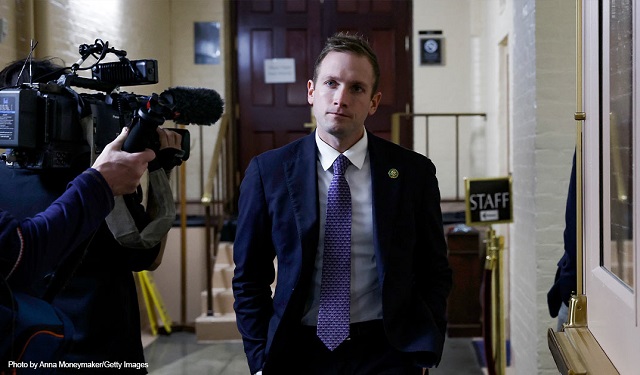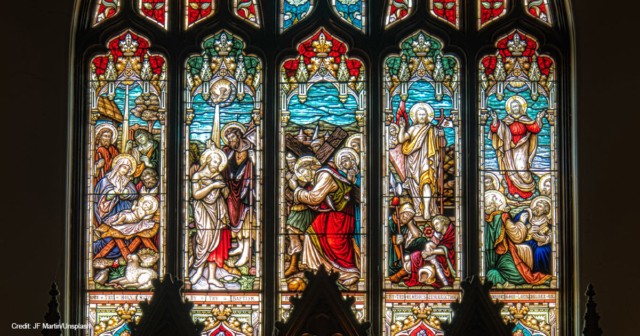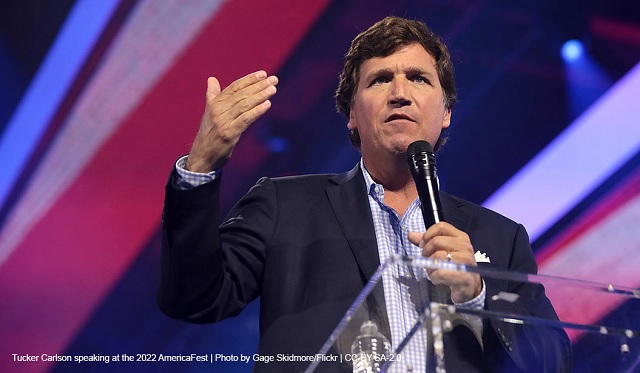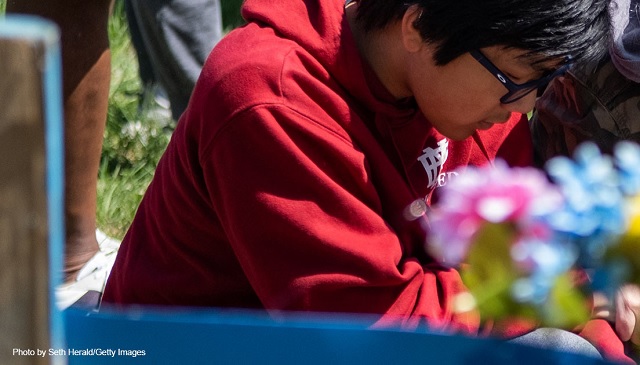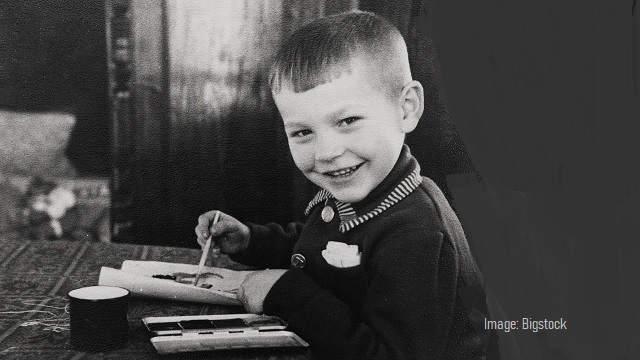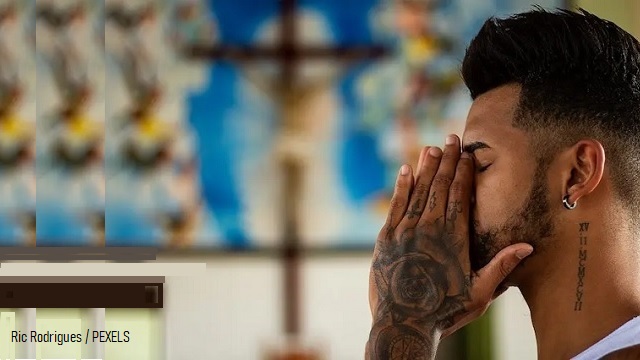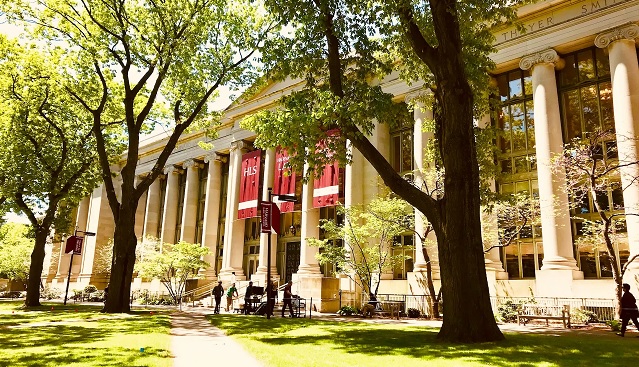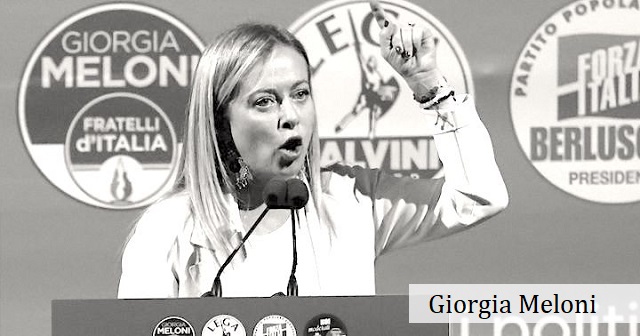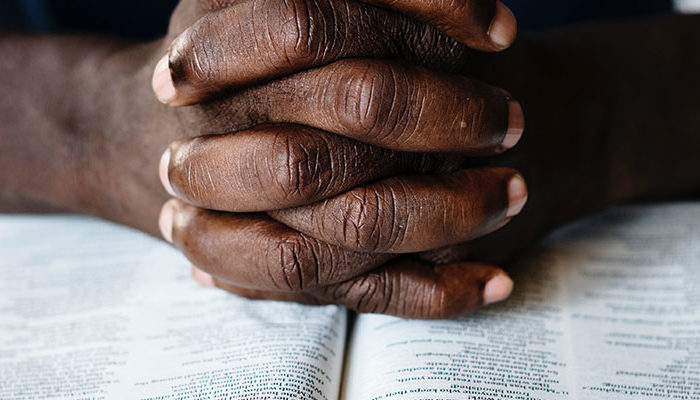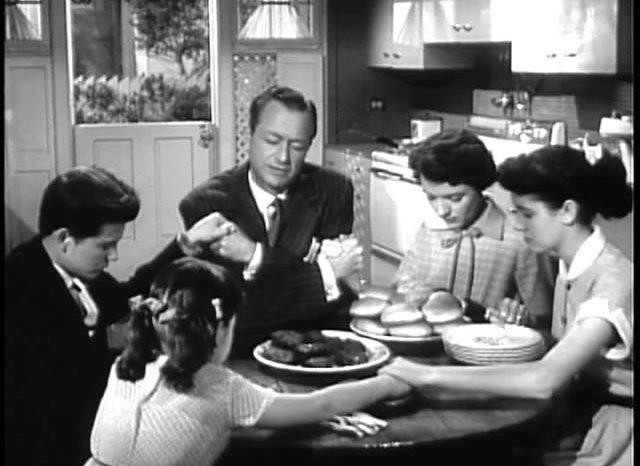‘This Week On The Hill’: Tony Perkins Talks Faith with Speaker Mike Johnson
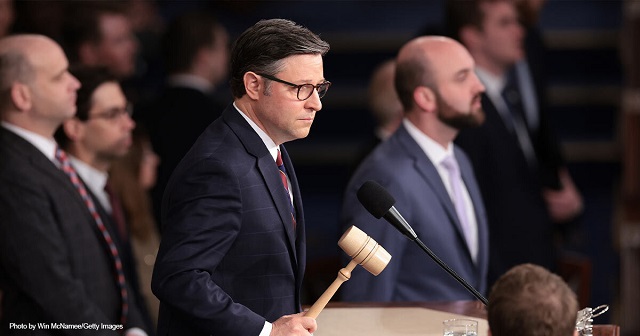
On Saturday morning, Family Research Council President Tony Perkins helmed the “maiden voyage” of Salem Radio Network’s newest program “This Week On The Hill,” featuring U.S. House Speaker Mike Johnson (R-La.) as the show’s inaugural guest. The two Louisiana conservatives discussed, among other things, the role that Christian faith plays in American politics — from guiding legislation to holding the Republican Party together to ending abortion.
Referring to their decades-long friendship, Perkins said to Johnson, “You and I go back to when you were in law school, and faith plays a major role in our lives and in your life in particular. … And there’s some that say, ‘That has no place in [Congress].’” Johnson replied, “Well, those who say that don’t understand our history, the foundation of our country.” He continued, “We were built upon our Judeo-Christian heritage and our foundation is that, it’s chiseled into the marble right above the speaker’s rostrum, right there in the House chamber: ‘In God We Trust.’ That’s what makes us different. That’s what made us exceptional from the beginning.” Johnson added:
“If you look back in history and you study the writings of the founders and the previous leaders in the Congress, how they spoke, what they said, they were very open about this idea that God is our creator. He’s the one that gives us our rights, not government. These things used to be known as self-evident truths. Not so much anymore.”
The Speaker also noted that the first American presidents, including George Washington and John Adams, warned that the American republic is “an experiment on the world stage. We don’t know how long it’ll last. But … of all the dispositions and habits which lead to political prosperity, religion and morality are indispensable supports, and we seem to have forgotten some of that.”
Perkins asked what role Christian faith plays in the policy decisions of today. Johnson responded, “We have to recognize right now we’re not really in a battle right now between Republicans and Democrats anymore. It’s deeper than that. This is between two competing visions for who we are as a country, who we are as Americans.” He continued:
“And if you’re a person of faith, you’re a Christian, that is a worldview, and that informs how you think about issues and you believe in absolute truths and in a sense of morality that is supposed to guide these decisions. If you don’t jettison that when you walk in the building, it’s supposed to be a part of the fabric of what you decide. … It is our philosophy. It is our worldview, and it informs what we do.”
Johnson also spoke of being elected Speaker back in October and recent challenges to his speakership from within the Republican Party. “This was not a job that I aspired to,” he said. “To be speaker of the House in this modern era is a unique challenge.” Referring to a move by Rep. Marjorie Taylor Greene (R-Ga.) to vacate the speakership, Johnson said, “Marjorie and I agree on philosophy, not on strategy. And she’s upset about the appropriations process, the spending bills. And guess what? So am I.” He explained, “We’re not going to get 100% of what we want. Because remember, whatever we pass, we’ve got to send over to the Senate that’s run by Chuck Schumer. And it’s got to be signed into law by Joe Biden. They’re not going to give us anything that we want.”
In discussing narrowly avoiding a government shutdown by compromising on appropriations bills, Johnson stated, “We shouldn’t be opposed [to] or scared of a government shutdown. But you have to have a plan to get a better policy outcome or to get something on the other side. You don’t shut it down just for the sake of that.” He explained that a government shutdown would eventually be blamed on House Republicans, many of whom may not be reelected as a result. Since Democrat votes would be needed to reopen the government, Johnson clarified, Republicans would have to make major concessions on policy to secure those votes and reopen the government. “It probably guarantees that we lose our House majority in the election in November, and I can’t reopen the government,” the Speaker said. “We would have wound up much worse off than the appropriations bills at the end of that, and we would have been blamed for everything.”
Turning to the issue of abortion, Johnson posited that Democrats are using the hot-button issue to distract voters from their policy failures. “They’re absolutely desperate in this election cycle,” the Speaker said. “And they believe abortion is the only thing they can run on. They know that because their policies have been so disastrous for everybody. They’re not being honest.” Johnson explained that in shielding their own extreme positions on abortion, Democrats are attempting to paint pro-life Republicans as restrictive extremists.
He also discussed the role that Christians and conservatives must play in building a “culture of life.” Johnson declared, “If you’re going to have political consensus on a controversial issue, you’ve got to have cultural consensus first.” He explained further:
“The challenge for us right now — for the church or people of faith or the Republican Party — is to help build that culture of life and so that we make people understand the stakes here, that’s why it’s so important and why this makes us who we are as Americans. It’s about human dignity. It’s about recognizing that all of us are not just born equal, we are created equal. That’s what our nation’s birth certificate says in the declaration.”
“This Week On The Hill” airs Saturday mornings at 7 a.m. EST on the Salem Radio Network. The show is also available on the Salem News Channel, Salem Podcast Network, and Townhall.com.
AUTHOR
S.A. McCarthy
S.A. McCarthy serves as a news writer at The Washington Stand.
RELATED ARTICLES:
Johnson Gets Crucial Reinforcement from Trump: ‘I Stand with the Speaker’
EDITORS NOTE: This Washington Stand column is republished with permission. All rights reserved. ©2024 Family Research Council.
The Washington Stand is Family Research Council’s outlet for news and commentary from a biblical worldview. The Washington Stand is based in Washington, D.C. and is published by FRC, whose mission is to advance faith, family, and freedom in public policy and the culture from a biblical worldview. We invite you to stand with us by partnering with FRC.

